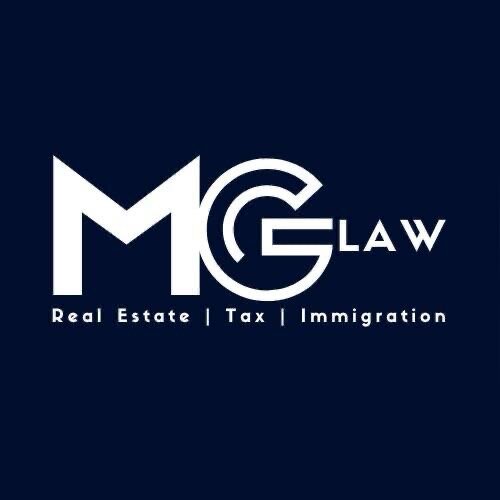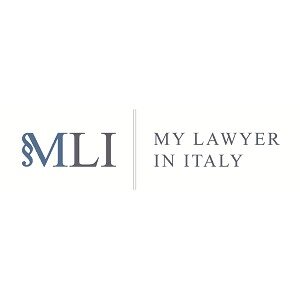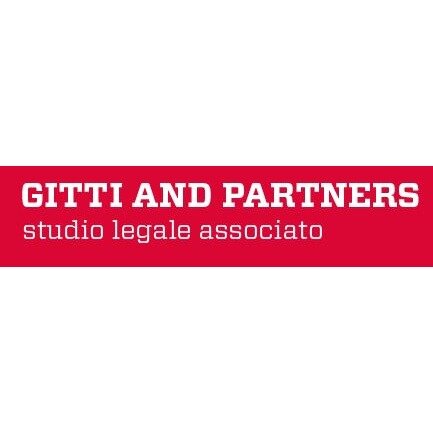Best Mortgage Lawyers in Rome
Share your needs with us, get contacted by law firms.
Free. Takes 2 min.
Free Guide to Hiring a Real Estate Lawyer
List of the best lawyers in Rome, Italy
About Mortgage Law in Rome, Italy
Mortgage law in Rome, Italy refers to the legal framework that governs the loan agreement between a borrower and a lender, whereby the borrower pledges their property as collateral for the loan. The purpose of a mortgage is to secure the repayment of the loan by providing the lender with a legal claim to the property in case of default. It is important to understand the mortgage laws in Rome, Italy to ensure compliance and protect your rights when entering into a mortgage agreement.
Why You May Need a Lawyer
Seeking legal advice from a lawyer specializing in mortgage law in Rome, Italy is crucial in various situations, such as:
- Entering into a mortgage agreement
- Negotiating mortgage terms with lenders
- Reviewing loan documents and ensuring legal compliance
- Resolving disputes with lenders or borrowers
- Foreclosure or repossession of property
Local Laws Overview
Understanding the key aspects of local mortgage laws in Rome, Italy is essential. Some important points to note include:
- In Italy, mortgages must be registered with the local Land Registry (Conservatoria dei Registri Immobiliari).
- The maximum loan-to-value ratio for mortgages can vary, typically ranging from 60% to 80% of the property's appraised value.
- Fixed and variable interest rates are common in mortgage agreements, and lenders must provide clear information about the interest rate, fees, and other costs involved.
- Defaulting on mortgage payments can lead to foreclosure proceedings, and the property may be seized and sold to recover the outstanding debt.
- Mortgage laws in Rome, Italy are subject to occasional changes, so it is advisable to consult a lawyer for the most up-to-date information.
Frequently Asked Questions
1. Can non-residents apply for a mortgage in Rome, Italy?
Yes, non-residents can apply for a mortgage in Rome, Italy. However, there may be additional requirements and restrictions imposed by lenders for non-resident borrowers.
2. What documents are usually required for a mortgage application?
Typically, lenders require documents such as valid identification, proof of income, bank statements, credit history, property appraisal, and information about the property being mortgaged.
3. How long does the mortgage process usually take in Rome, Italy?
The duration of the mortgage process in Rome, Italy can vary depending on various factors, including the lender, complexity of the transaction, and the completeness of documentation. On average, it can take several weeks to a few months.
4. Can a mortgage agreement be renegotiated?
In certain circumstances, it may be possible to renegotiate the terms of a mortgage agreement, such as interest rates or repayment schedules. However, it will depend on the lender's willingness to negotiate and the borrower's financial situation.
5. What happens in case of mortgage default?
In the event of mortgage default, the lender can initiate foreclosure proceedings, leading to the possibility of the property being seized and sold to recover the outstanding debt. It is important to seek legal advice to explore potential options in such situations.
Additional Resources
For further information and assistance regarding mortgage law in Rome, Italy, consider contacting the following resources:
- Conservatoria dei Registri Immobiliari (Local Land Registry)
- Italian Ministry of Economy and Finance
- Italian Bar Association
Next Steps
If you require legal assistance or advice in the field of mortgage law in Rome, Italy, it is advisable to seek the services of a specialized lawyer. You can begin by conducting research online or asking for recommendations from trusted sources. Schedule a consultation with a lawyer to discuss your specific circumstances and receive guidance tailored to your needs.
Lawzana helps you find the best lawyers and law firms in Rome through a curated and pre-screened list of qualified legal professionals. Our platform offers rankings and detailed profiles of attorneys and law firms, allowing you to compare based on practice areas, including Mortgage, experience, and client feedback.
Each profile includes a description of the firm's areas of practice, client reviews, team members and partners, year of establishment, spoken languages, office locations, contact information, social media presence, and any published articles or resources. Most firms on our platform speak English and are experienced in both local and international legal matters.
Get a quote from top-rated law firms in Rome, Italy — quickly, securely, and without unnecessary hassle.
Disclaimer:
The information provided on this page is for general informational purposes only and does not constitute legal advice. While we strive to ensure the accuracy and relevance of the content, legal information may change over time, and interpretations of the law can vary. You should always consult with a qualified legal professional for advice specific to your situation.
We disclaim all liability for actions taken or not taken based on the content of this page. If you believe any information is incorrect or outdated, please contact us, and we will review and update it where appropriate.
















